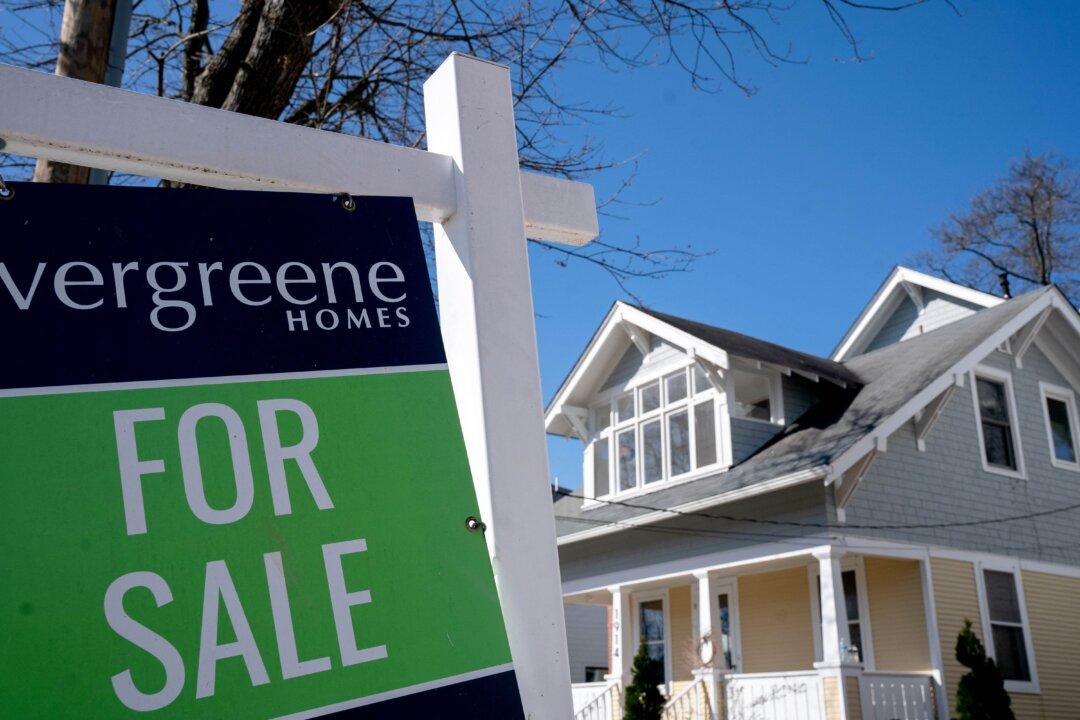Homeowners have recently seen property taxes become higher than ever. The surge in the cost of owning property started with the arrival of COVID and continues to rise. Many people wonder why and want some tax relief.
Some homes have had their property taxes increase more than 37 percent since 2020. CBSNews reports that the sudden increase is because the value of real estate skyrocketed at about the same time. The average home in the United States rose to $344,000.






